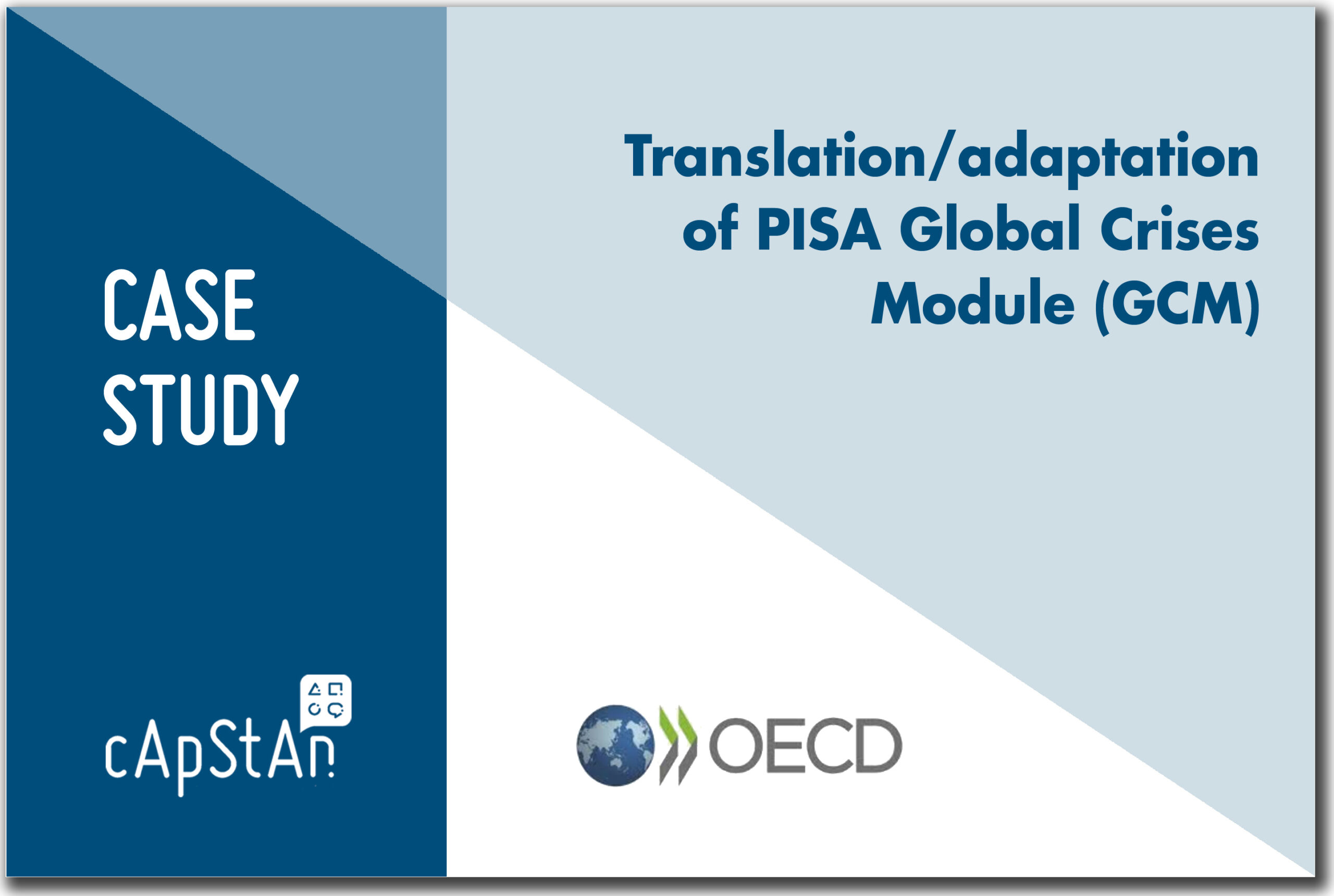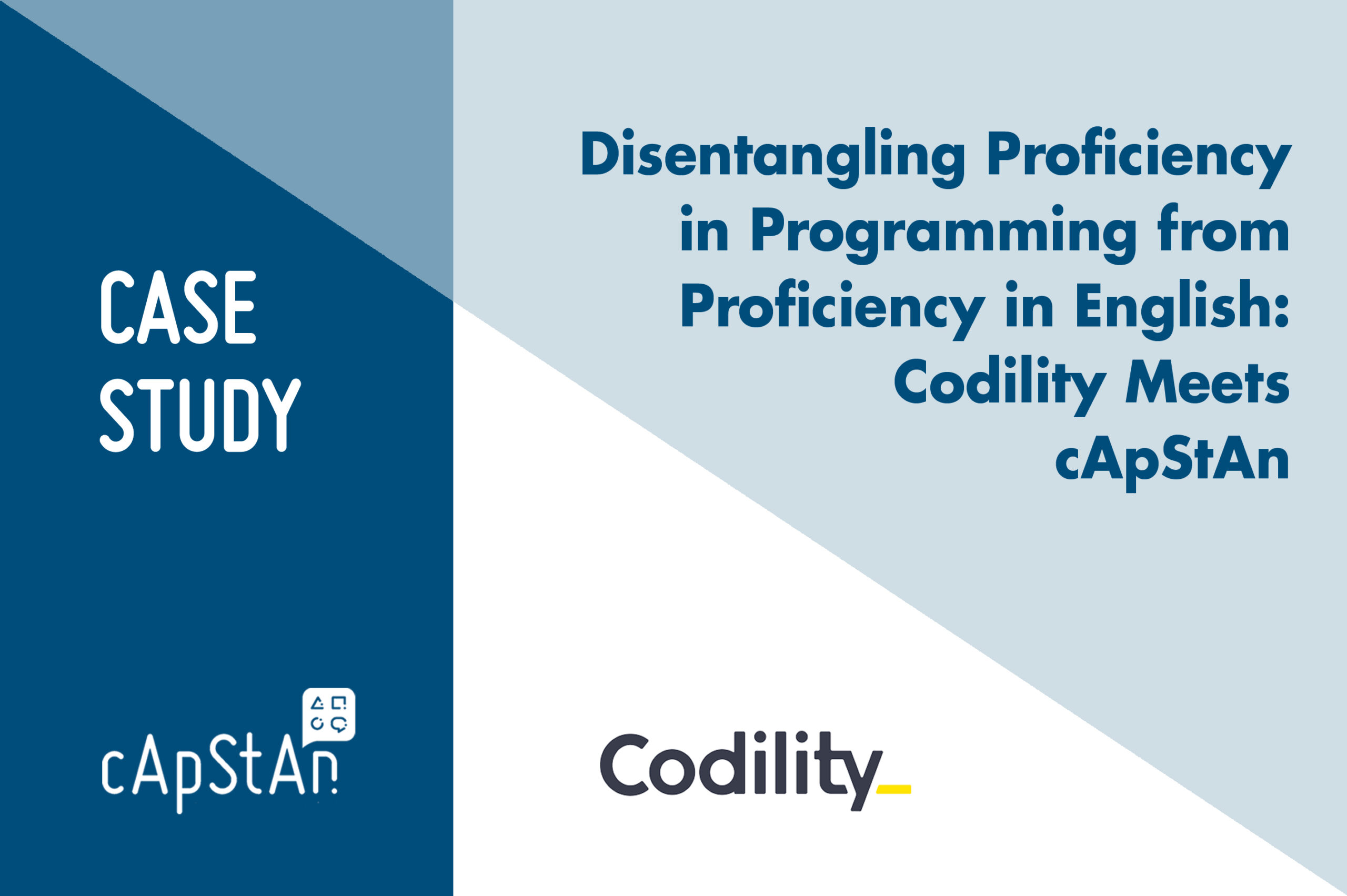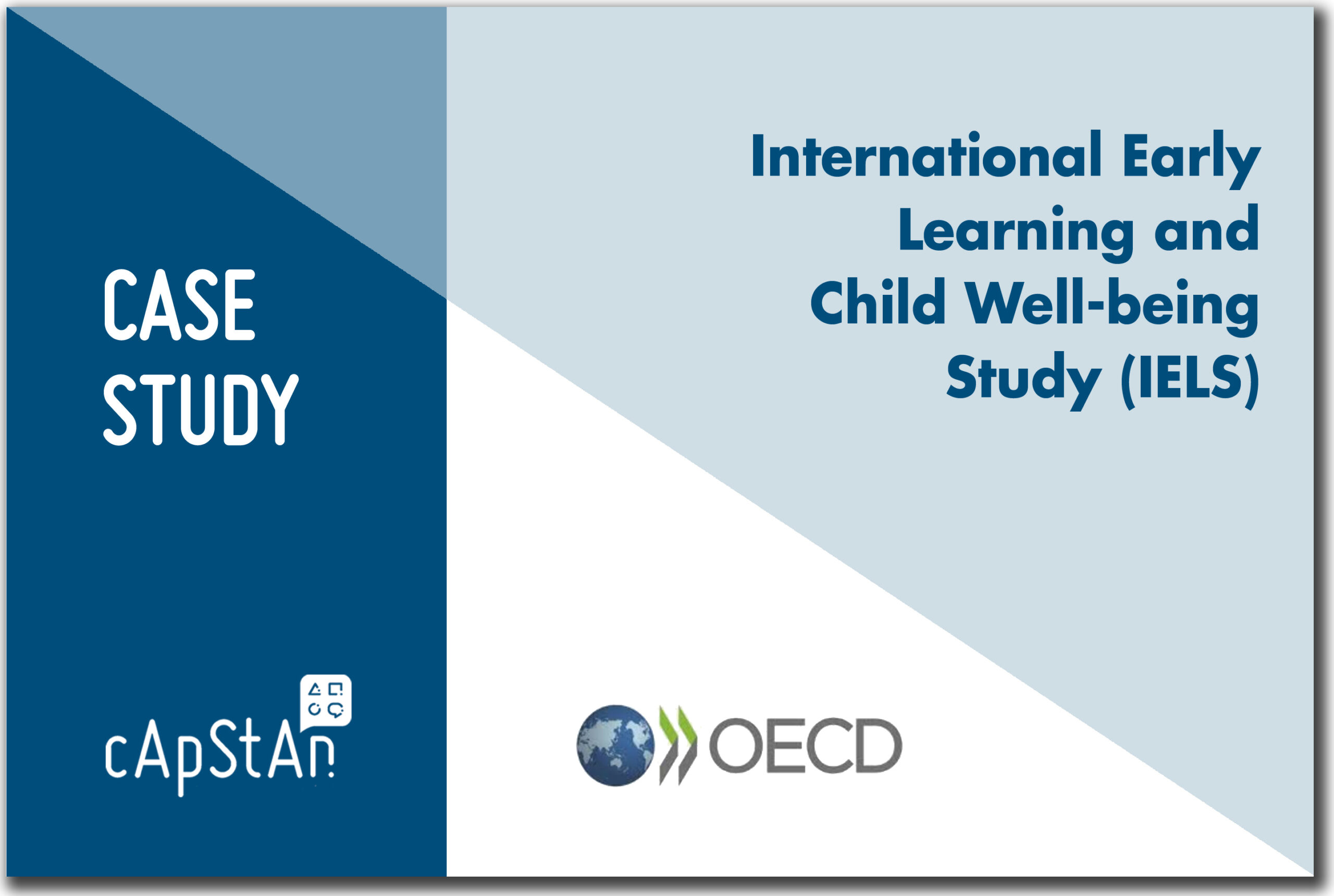We engineer equivalence
Linguistic Quality Assurance (LQA) begins well before the translation process.
The early input of a language expert is a prerequisite for high quality translation. Our LQA designs are based on the International Test Commission’s Guidelines for Translating and Adapting tests and the University of Michigan Survey Research Center’s Cross-Cultural Survey Guidelines.
cApStAn Modular Approach – Our language services are organized in 20 modules that can be combined on the basis of needs, requirements and goals to arrange the best workflow for each project.
Download Our Modular Approach Document
Our LQA solutions
Workshops for test and questionnaire authors
For whom? Item writers preparing multilingual/multinational instruments
How? Web-based or F2F interactive workshops on integrating translatability and adaptability considerations into item development.
Embed translatability in your test design
Translatability assessment
What? High-stakes tests or surveys
How? Three or more linguists of different language families pre-translate and report on potential translation issues. A cApStAn senior linguist recommends item-by-item translation and adaptation notes and suggests revisions to the source wording.
Identify potential translation issues ahead of time
Item-by-item translation and adaptation notes
What? High-stakes tests or surveys
How? Clear and concise instructions to help linguists focus on the linguistic features that drive the psychometric properties of items. This is one outcome of Translatability Assessment, and can also be done independently.
Ensure item functioning is maintained in translation
Analysis & Adjustment of Language Proficiency Level
What? Monolingual content
How? The client sets a reading proficiency threshold for their content. cApStAn adjusts the vocabulary and syntax so that all candidates, test-takers, or respondents with the set language proficiency level should be able to take the test/process the content effectively.
Ensure reading proficiency doesn’t affect outcomes
Bilingual glossaries and style guides
What? Instruments with special terminology or multiple rounds of administration
How? We extract the terms and propose entries. The client or their local partners validate.
Build consensus early in your project
Localization workflow optimization
What? Any multilingual or multinational project
How? Assistance in extraction, segmenting, exporting and importing content. Programming project-specific rules to handle markup, fills, special tags, routing, or dynamic text efficiently. Designing and maintaining monitoring tools to document the entire translation and adaptation history of each item in each language.
Increase efficiency and improve user experience
Training and support for linguists
What? Any multilingual or multinational project
How? We retrain our linguists for each new project; we also provide training sessions and helpdesk for third-party linguists.
Count on the best-prepared professionals
Trend content management
What? Instruments with multiple rounds of administration
How? Retrieve existing translations; evaluate translation quality before leveraging the assets.
Maintain consistency for trend studies
Cross-Cultural Adaptation And Validation of Data Collection Instruments
Requires a LQA design that focuses on equivalence and comparability. cApStAn helps you select the right combination of processes to maximize linguistic, cultural and functional equivalence in your translated versions.


